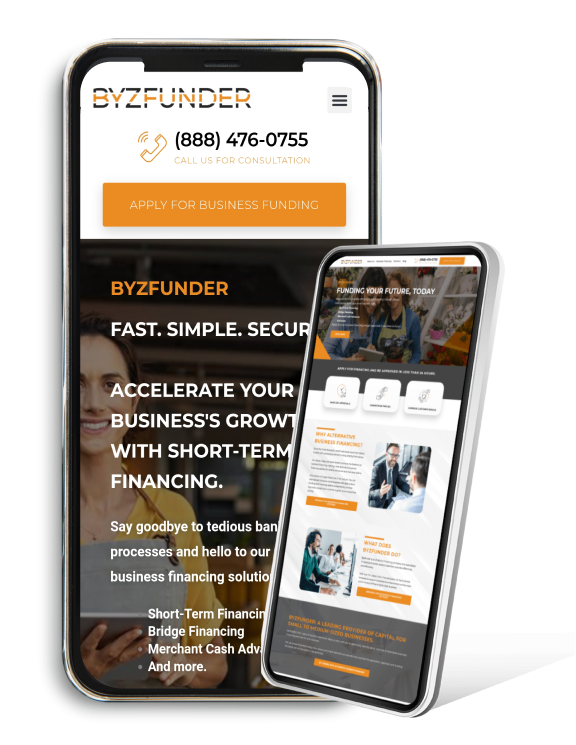Bridge financing, more commonly known as a bridge loan, is a short-term financing option for small businesses to bridge the gap until you are approved for longer-term financing, investments, and loans from large banks and venture capitalists.
Alternative lenders, such as ByzFunder, extend the financing options to businesses needing funds fast, offering a fixed rate and flexible terms that match the business’s needs.
Bridge financing can take the form of debt, equity, or (Initial Public Offering) IPO. Below we dive into more about the types of BF and how it works.
There are multiple ways that bridge financing can be negotiated. The option you choose will depend on your needs and what is offered by the lender.
If your business is relatively stable and needs short-term financing help, you may have more options than a business in greater distress. Bridge financing qualifications depend on credit history and market position. The better your credit score, the better options for you to be financed with larger amounts and receive fast approval with better rates. Bridge financing options include debt, equity, and IPO financing.
Debt financing is when a business takes out a short-term, high-interest loan, known as a bridge loan. Businesses that take out debt financing through a bridge loan can expect higher interest rates which may be detrimental to your financial situation.
If you would not like to incur debt with high interest, equity bridge financing is another option that many businesses consider. EBF means that you would seek out venture capital firms to provide a financing round. This method provides your business with capital until it can raise a larger round of equity financing.
As you can tell, this is not always possible for businesses and would take a lot longer than applying for debt bridge financing. Venture capital firms will only approve this deal if they believe the company will ultimately become profitable, which will see their stake in the company increase in value.
This type of financing is designed to cover expenses associated with the (Initial Public Offering) IPO and is typically short-term. Once the IPO is complete, the cash raised from the offering immediately pays off the loan or financing liability.
To acquire this financing, you would need to give some shares to underwriters at a discount on the issue price, which offsets the loan. This financing is, in essence, a forwarded payment for the future sale of the new issue.
Bridge financing is quite common in many industries since there are always struggling companies. This type of financing will remain a strong option, considering the liquidity and the readiness of non-traditional lenders to fund small businesses.
What’s more, the application and underwriting process for bridge financing or loans is generally faster than for traditional loans. ByzFunder finances businesses within 24-hours of applying, helping you manage the gap between the time funds are necessary to the actual receipt of funds.
If you would like to learn more about bridge financing and our available options for your business, get in touch with us today. Alternatively, if you are ready to get fast, simple, and secure financing, apply for our small business financing options now.
